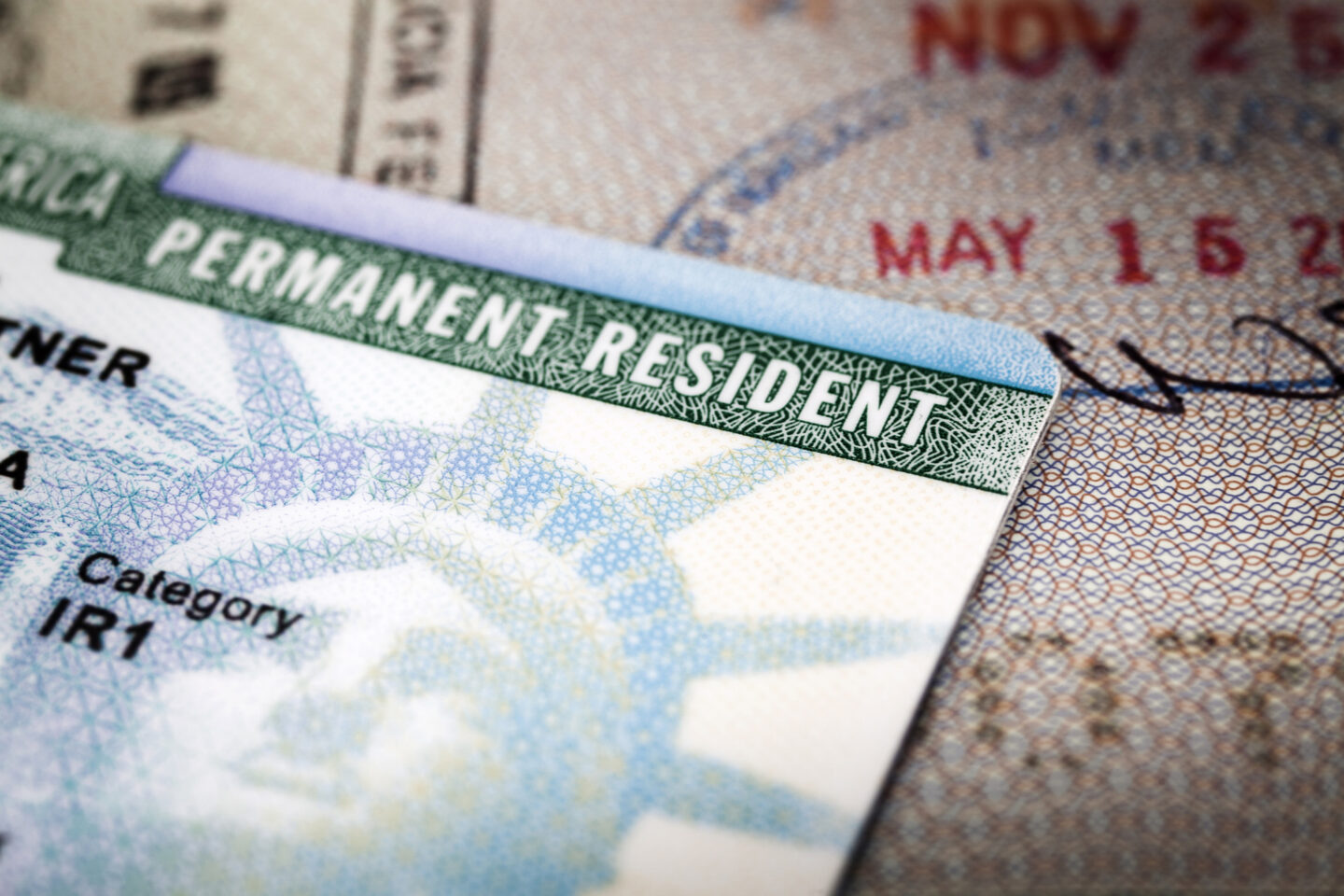Most people can agree that taxes have always been hard to understand, even for US citizens. With hundreds of forms, each with tens of fields, few can understand which forms are worth filling out. And while taxes are confusing for most citizens, they become even more overwhelming for illegal aliens. But wait, do I have to pay taxes if I’m illegal? Let’s take a look and find out!
Do I Have to Pay Taxes if I’m Illegal and if So, Why?
When it comes to illegal aliens, their tax accountability sits in a gray area. On the one hand, illegal aliens can’t legally work in the United States, therefore, they don’t need to pay taxes. On the other hand, some illegal aliens work without a Green Card or Work Permit, making them undocumented workers. And since they are making money on US territory, they are obliged to pay taxes.
What Happens if I Don’t Pay Taxes?
Even though the legislation regarding illegal alien taxes is still a bit muddy, nonpayment makes you liable. From deportation to criminal charges, not paying your taxes can have severe consequences:
- Deportation: Engaging in illegal work without paying taxes constitutes grounds for deportation. If you are caught, you may face an immigration court, which will most likely vote for your deportation.
- Ineligibility for Status Adjustment: If you ever want to apply for a Green Card or Work Permit, a history of tax evasion could hinder the process. In fact, if you are in the process of applying for a Green Card, tax evasion will halt it and make you ineligible.
- Criminal Charges: Failing to file a tax return is classified as a federal crime, which is punishable as a misdemeanor or felony. If you are charged with a tax violation, you will have to pay fines and, in some extreme cases, do jail time.
How Can I Pay Taxes?
In order to pay taxes, you need to file an Individual Income Tax Return form, also known as Form 1040. However, the form requires you to enter your Social Security Number, which illegal aliens don’t have. So, how should you pay your taxes? Luckily, undocumented immigrants have another option — the Individual Taxpayer Identification Number, or ITIN for short.

Individual Taxpayer Identification Number
An ITIN is similar to a Social Security Number and was created back in 1996 to encourage people illegible for an SSN to pay their taxes. Yet, it’s important to mention that an ITIN is not a Work Permit and does not make you eligible to work legally in the United States. Also, receiving an ITIN doesn’t mean that you are a resident or documented alien. In other words, an ITIN just allows you to file tax returns and pay your taxes.
To get your own ITIN, you need to fill out the IRS form W-7 and then wait for up to 11 weeks. The form itself is not hard to fill out and requires you to disclose some basic information, such as your address and reason for applying. And once you have your ITIN, you can use it instead of an SSN when filing Form 1040.
Conclusion
Overall, it’s important to pay your taxes even if you are not a legal resident. By doing so, you prevent deportation while also protecting your future status adjustment procedure. And don’t forget to help your friends too, especially if they are wondering do I have to pay taxes if I’m illegal?
Popular Immigration Topics to Read About
10 Important Warnings for Immigrants
Where Does the Money I Pay for Taxes Go?
Will I Get Social Security Benefits When I Retire If I’m Illegal?







